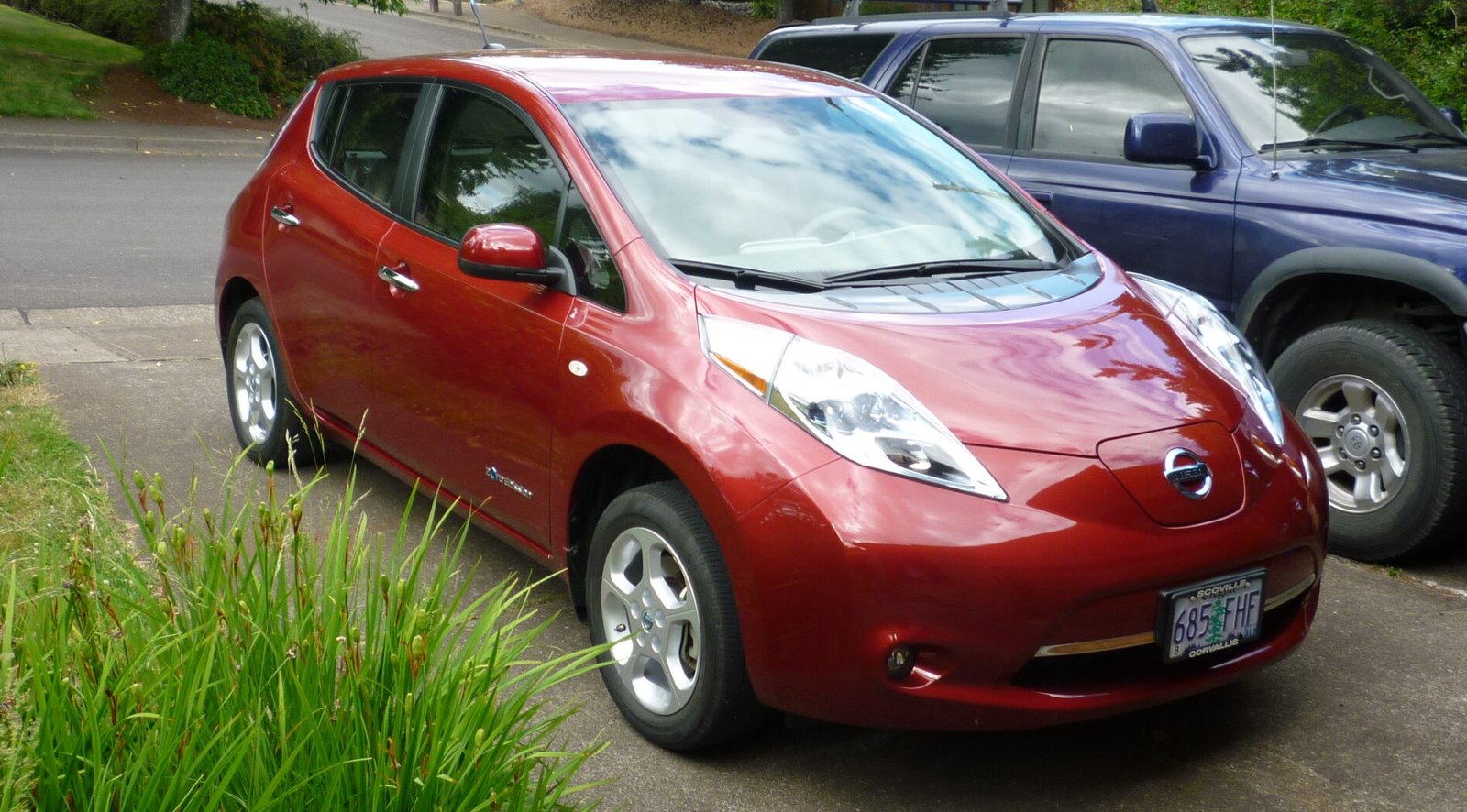
Pandemic Insights Two: Our capacity to sacrifice to contain a global threat
It’s not usually advisable to speak for others, yet I think I know how many climate experts are feeling right now. There’s this particular twinge I feel as a climate advocate: seeing how humans are mobilizing globally and instantaneously to fight the coronavirus yet we’ve been unable–for three decades–to mobilize against the slower-moving yet ultimately more catastrophic and irreversible threat of climate change. For someone deeply engaged in climate facts, this unequal crisis response feels dizzying. And yet, our global action against the pandemic shows that we are capable of massive, lightning-fast change.
I want to talk about our emerging awareness of the scale and speed of change we are capable of in a crisis. I don’t think any of us born after World War II have seen this capacity before, but we are seeing it now. In our country and around the world, hundreds of millions of people have stopped going to work, school, church, social events, and sporting events. Leisure and work travel has been suspended, skies have cleared, traffic jams are gone, classrooms, sports arenas, and concert halls sit empty, and nearly everything considered “non-essential” that requires being with others has stopped. Along with all the tragedy, fear and insecurity of the pandemic, we are also seeing a tremendous capacity for sacrifice, generosity, and change.
Naomi Oreskes, an historian of science at Harvard I’ve long admired, recently spoke with journalist David Green about the lessons of coronavirus that might help humanity respond to climate change. She highlighted the breathtaking sacrifices people are making in response to COVID-19 that were previously unimaginable:
“I think that the crisis brings into sharp relief the difference between “can’t” and “won’t.” We can act, we know how to mobilize expertise, to mobilize technology. And we now see that the American people and people around the world are great at sacrificing. Whereas, it’s always been said that the problem with solving climate change is that people are not willing to sacrifice.”
And here’s the kicker:
“People not only can, but will, sacrifice, if they’re given the right information and leadership.” (emphasis mine)
This is the hopeful heart of her message. Because, as Oreskes points out, what most people need to sacrifice to solve the climate crisis is a whole lot less than what they are sacrificing during this pandemic. Decarbonizing quickly is achievable: we have the technology, resources, and policy tools to do it without widespread harm. In fact, most experts believe a well-organized clean energy transition will lead to widespread health benefits, a surge in good jobs and economic benefits for most people.
So as we navigate this crisis, let’s keep our eye on this prize: an economic recovery that builds clean energy and decarbonizes our economy at the same time. To get there, Oreskes says, we need two key ingredients: the right information and leadership, and breaking the control the fossil fuel industry has over our country and our politics. If the last four months illustrate anything, it’s that once we commit, we can get there quickly.




Julie Balderston
May 6, 2020 at 9:24 pmLove you Carla and all that you are doing for our planet!!!!!!!!!!!!!
Julie and Family
Carla W
May 11, 2020 at 4:45 pmThank you for your support and encouragement! It means SO much!